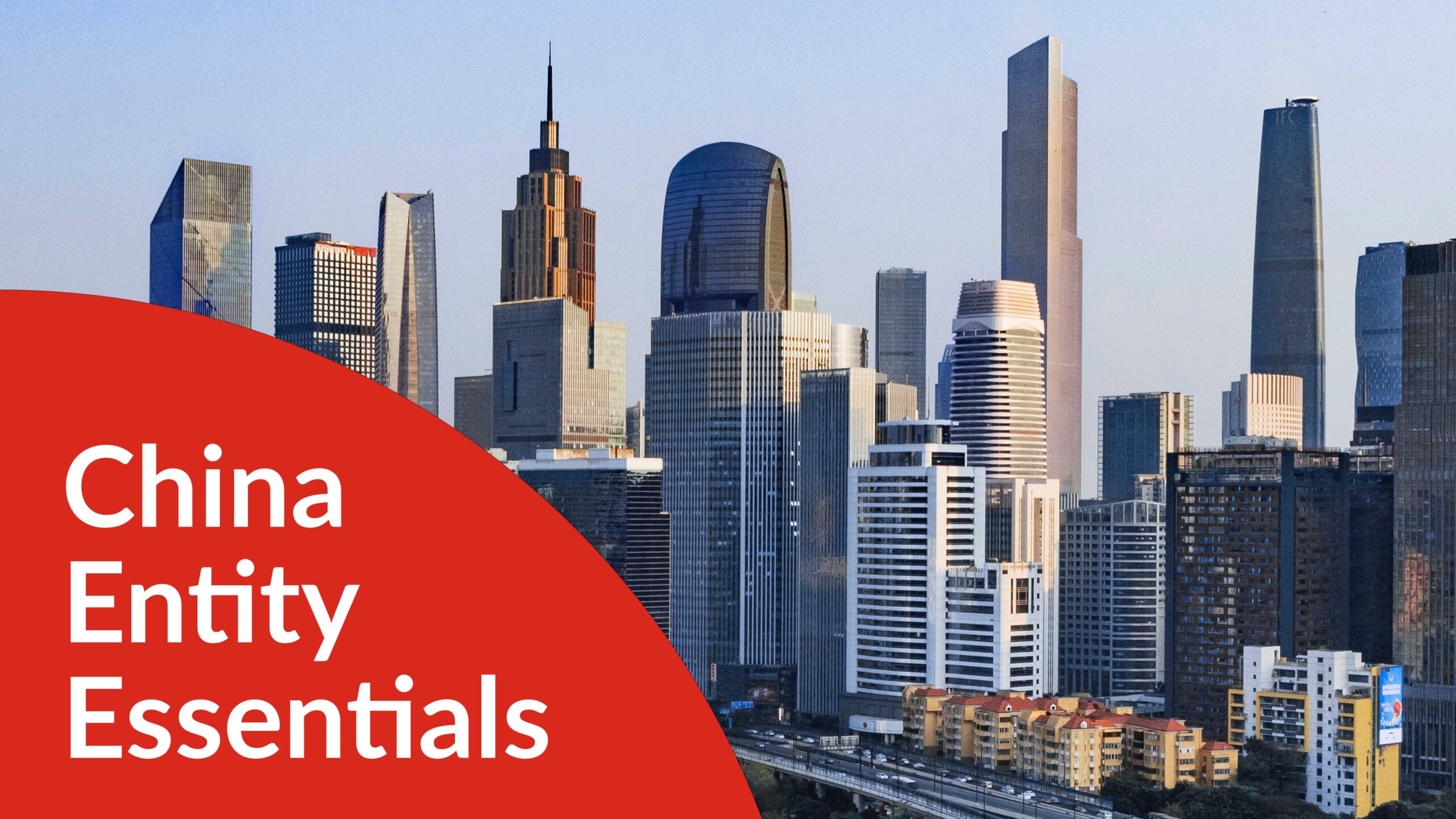With the recent Covid policy changes, it is finally clear there is a road map in place for the re-opening of the country. It is long overdue and has brought a flurry of economic uplift as the world’s second-largest economy returns to the global stage. After years of uncertainty, questions surrounding your operations in the country are likely resurfacing. As a result, you may have to start making decisions about your presence on the ground. So, this article will provide an overview of what you need to know when hiring in China.
Who to hire
The first and most obvious place to start is who you should hire. If you are unsure, try writing down all the areas of your operation where you wish you had someone in-country that could add value. These may include quality, sourcing, and product management. Write them all down in order of priority.
If you have a supply chain in China, yet no personnel, you will likely be looking for a Jack-of-all-trades; someone to oversee multiple aspects such as vendor relationships, third-party partners, and communications. This team member will act as your overall eyes and ears are on the ground. If this sounds like what you need, check out the role of supplier account manager.
How to budget
Thinking that hiring in China is cheap is a significant misconception foreign companies make. When it comes to making a budget, you must ask yourself these questions:
- What role are you looking for?
- Which part of China do you want to hire?
- How experienced should the perfect candidate be?
- What level of English is necessary for this role?
Specific roles and functions are cheaper than others, so it is essential to remember: You get what you pay for. If you can answer the four questions above, you should be able to carry out accurate market research for budgeting purposes. Also – don’t forget to budget for mandatory social insurance.
Employee insurance: Mandatory and advisable
You should know about two types of insurance: Social insurance and Employer’s Liability Insurance.
Social insurance is mandatory by China’s labour law and is similar to a country’s national insurance contribution by companies.
China’s social insurance includes five core elements: Pension, Medical, Unemployment, Maternity, and Work Injury. On top of this, there is the housing fund.
Look out for a full article on this topic, but to summarise, there are two key points: 1) it is mandatory by law and 2) budget 30-40% of the monthly salary pay for this.
Employers Liability Insurance – this is not mandatory but highly advisable. Legally speaking, China is known for being very employee-friendly, including health and safety in the workplace. If someone gets injured at work – the employee may sue the company. You can find an entire article on this insurance and how to incorporate it into your HR policy here. Remember, some policies cover international travel if your personnel need to conduct business outside China. Golden Rule: It is never straightforward, so seek advice.
How to employ someone?
There are several options available when it comes to employing someone, so the right one depends on your company and situation.
- Setting up a WFOE – You will need the complete entry method to set up your WFOE and hire your internal team. This method is the most comprehensive way to build your team. It may also tie in with other reasons to set up an entity, primarily if you sell products in China. However, it does come with some punchy costs, both upfront and ongoing. You may only need to hire part of the back office as there are many professional firms to outsource various functions. However, it can also be complicated to wind down, and there should be special attention to the critical management team you hire.
- Using an HR/staffing agency – Many firms can act as the Employer of Record (EOR) to hire your staff. This method is the most stripped-down option for hiring. Professional EOR companies will happily help you engage your proposed employee, but as a result, there will be minimal infrastructure around your new hire. The costs vary on how professional the EOR firm is. It is essential to understand the insurance policies and employment contracts that the firm uses.
- The China Desk by Kinyu is a blend of a traditional HR services platform with in-country management and advisory. The China Desk allows a company to hire just 1 or 2 people but get the benefits of an entire team in China. It is the platform of resources and knowledge you can build with your WFOE but with the flexibility of using an HR company.
How to find the perfect talent?
Hiring the right talent is crucial for success in your China operations. China has plenty of people wanting to work, but the search for someone who has the right qualifications, English skills and motivations is where many companies come undone. The exit of Linkedin has exacerbated this situation even further. There are a few options: joining your country’s chamber of commerce in the region, local recruiting firms, and job websites such as Liepin and Boss ZhipinUnfortunately, you cannot post jobs on job websites via a staffing agency; it can only be done with your WFOE or as part of the China Desk.
Hiring under The China Desk by Kinyu includes a launch phase to support your talent search, combining a multi-faceted hiring strategy. This strategy is an entire topic, so look for more articles on talent search!
So here are the five core areas you must consider when building your China team. The next step is to book a meeting with our team for more support on hiring in China!



